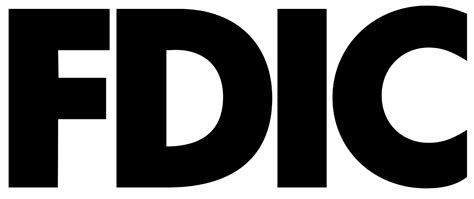Your bank is doing more than keeping your money safe. Your bank can make a positive difference in your community. The world of banking is changing, and it’s changing for the better. Inclusive banks are making an impact on under-served communities by providing financial services to people who have been left behind by traditional banks.
Inclusive banking is the future of financial services.
The concept is simple: Provide financial products and services to everyone, regardless of their income or social status. Inclusive banks are more profitable, create better returns for investors, and help people build better lives through access to credit.
Inclusive banks have been around for decades but have only recently become popular with investors thanks in part to their ability to generate higher returns on equity than traditional banks–as much as two times higher according to some studies!
Many people don’t have access to traditional banking services.
Many people don’t have access to traditional banking services. This is largely due to a lack of affordable and accessible options for low-income individuals who may not be able to meet the qualifications for a bank account.
The reasons for this vary, but some common ones include:
- The cost of opening an account can be prohibitively expensive (often requiring an initial deposit or other fees).
- The process of opening an account is lengthy and complicated, requiring extensive documentation that many people do not have readily available at home or work.
- Some people live too far away from banks or credit unions where they could open accounts, making it difficult for them to make regular deposits into their new accounts if they did find one nearby.
Inclusive banks are a force for good in underserved communities.
Inclusive banks can help people build better lives by providing them with the financial services they need to start businesses, save money, and get loans.
Inclusive banks are also good for society as a whole because they help create jobs and generate economic growth by providing banking products and services to those who have not traditionally had access to them.
Inclusive banks help people build better lives.
Inclusive banks help people build better lives by providing access to financial products and services that have previously been out of reach.
Inclusive banking is an approach to financial services that puts consumers at the center of their decision-making process by recognizing their preferences, needs, and aspirations. Inclusive banks empower consumers while making communities stronger by creating economic opportunities for everyone–from entrepreneurs to small businesses to individuals who want access to credit or savings accounts but don’t have it today because they lack traditional bank relationships or documentation required by traditional financial institutions.
Inclusive banks empower consumers and make communities stronger.
Inclusive banking is a new way of doing business. It’s about empowering consumers and building stronger communities. Inclusive banks offer financial services that help people build better lives, including checking accounts, savings accounts, and small business loans–the kinds of products that have been out of reach for many Americans because they lack traditional banking relationships or live in areas where traditional banks don’t want to operate.
Inclusive banks are also profitable: they’re growing faster than their non-inclusive peers on several key metrics including deposits and customer acquisition costs. This means there’s money left over after providing these products at lower rates than big banks charge; this surplus can be reinvested into the community through charitable giving programs like micro-loans or job training initiatives aimed at helping low-income families get back on their feet after unexpected setbacks such as job loss or illness.
Inclusive banking empowers consumers and helps them build better lives by providing access to financial services that they can use to plan for the future, save money, and make decisions about their finances. Inclusive banks also have a positive impact on under-served communities by creating jobs and supporting local businesses–which means more opportunities for everyone!

